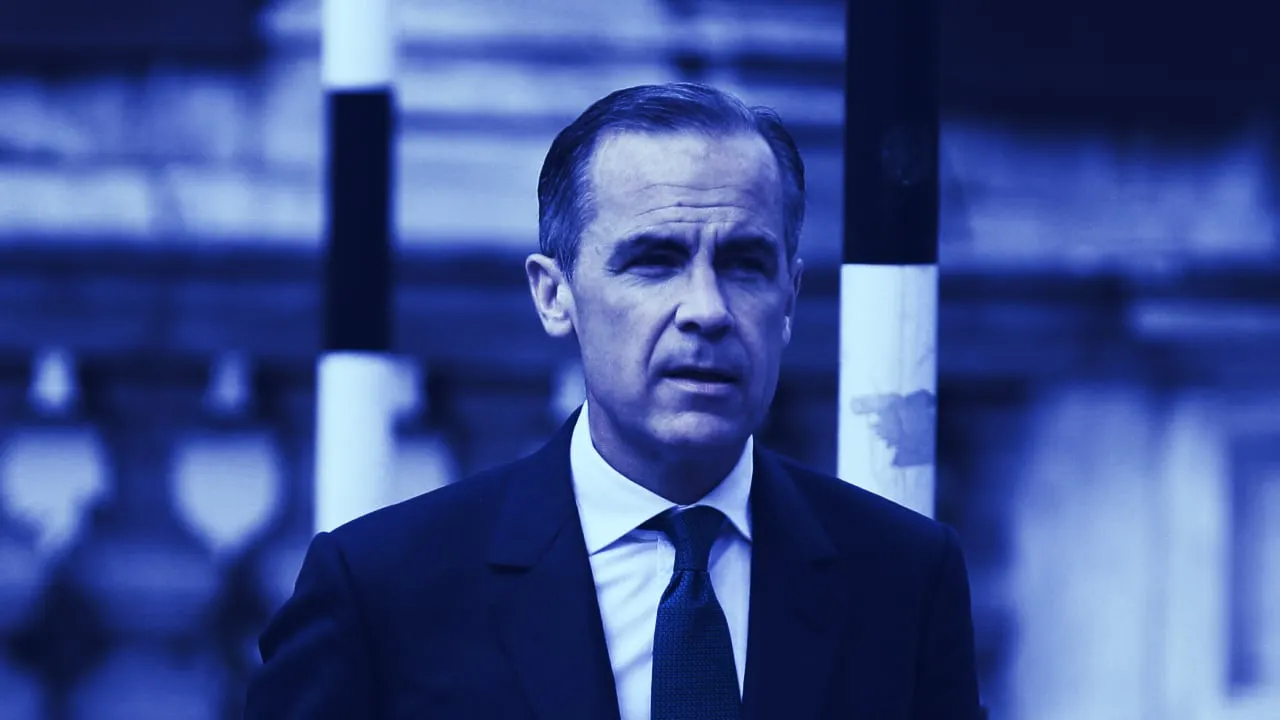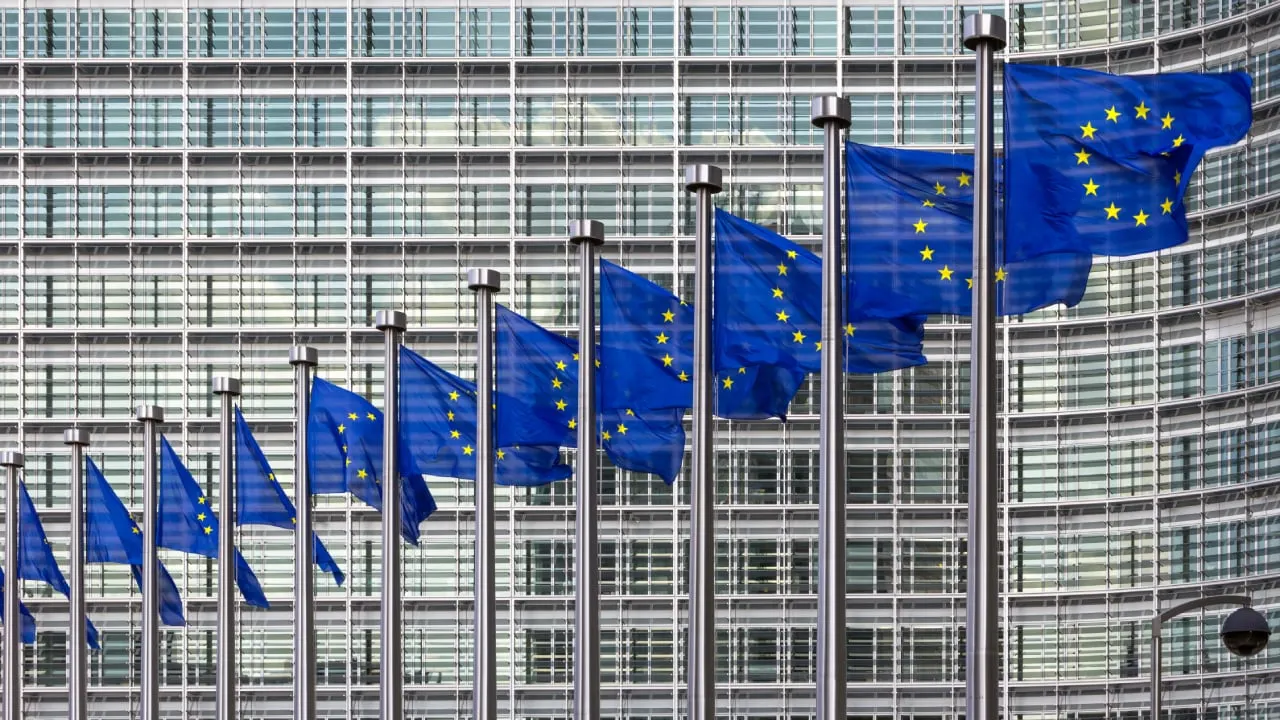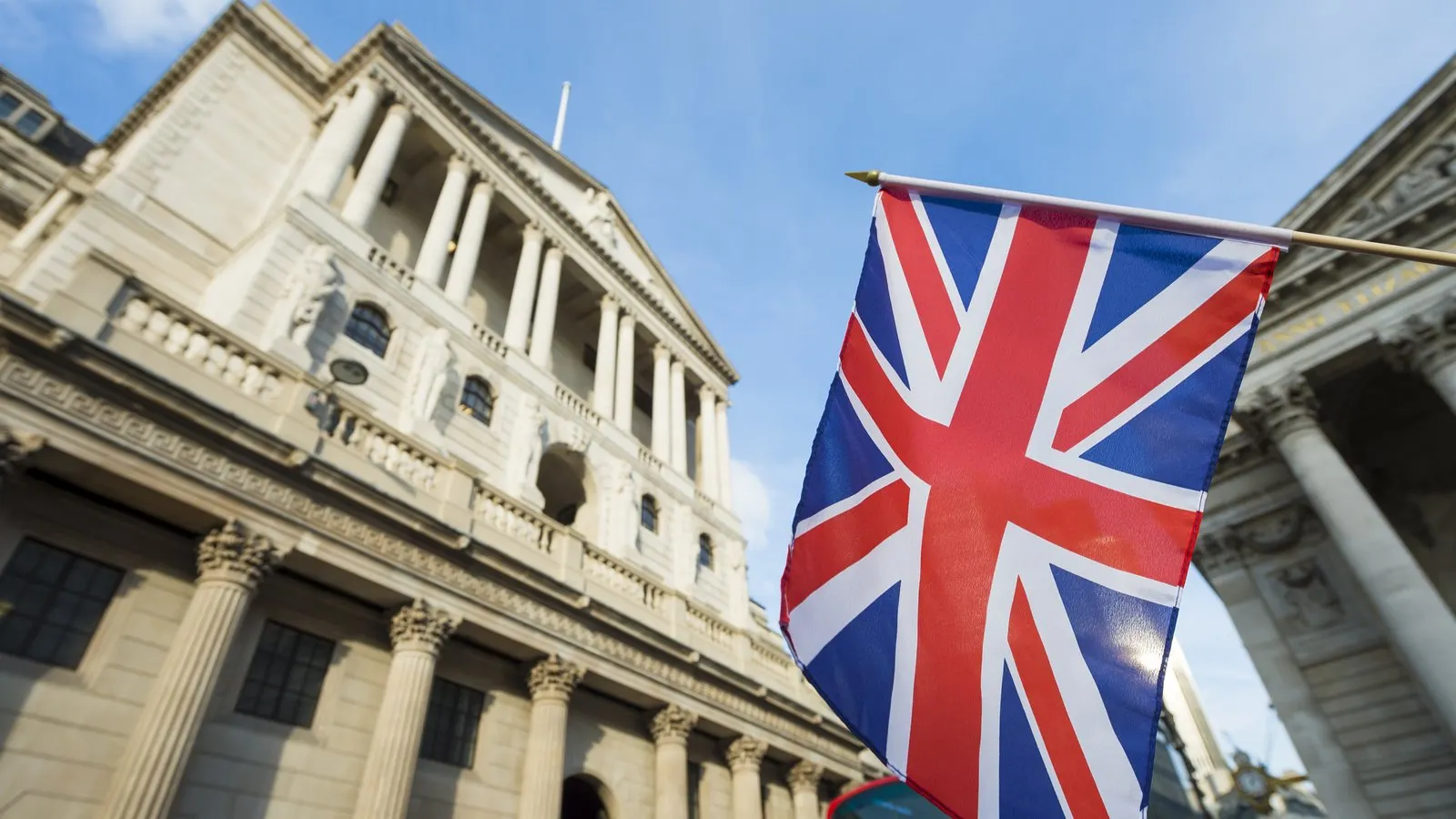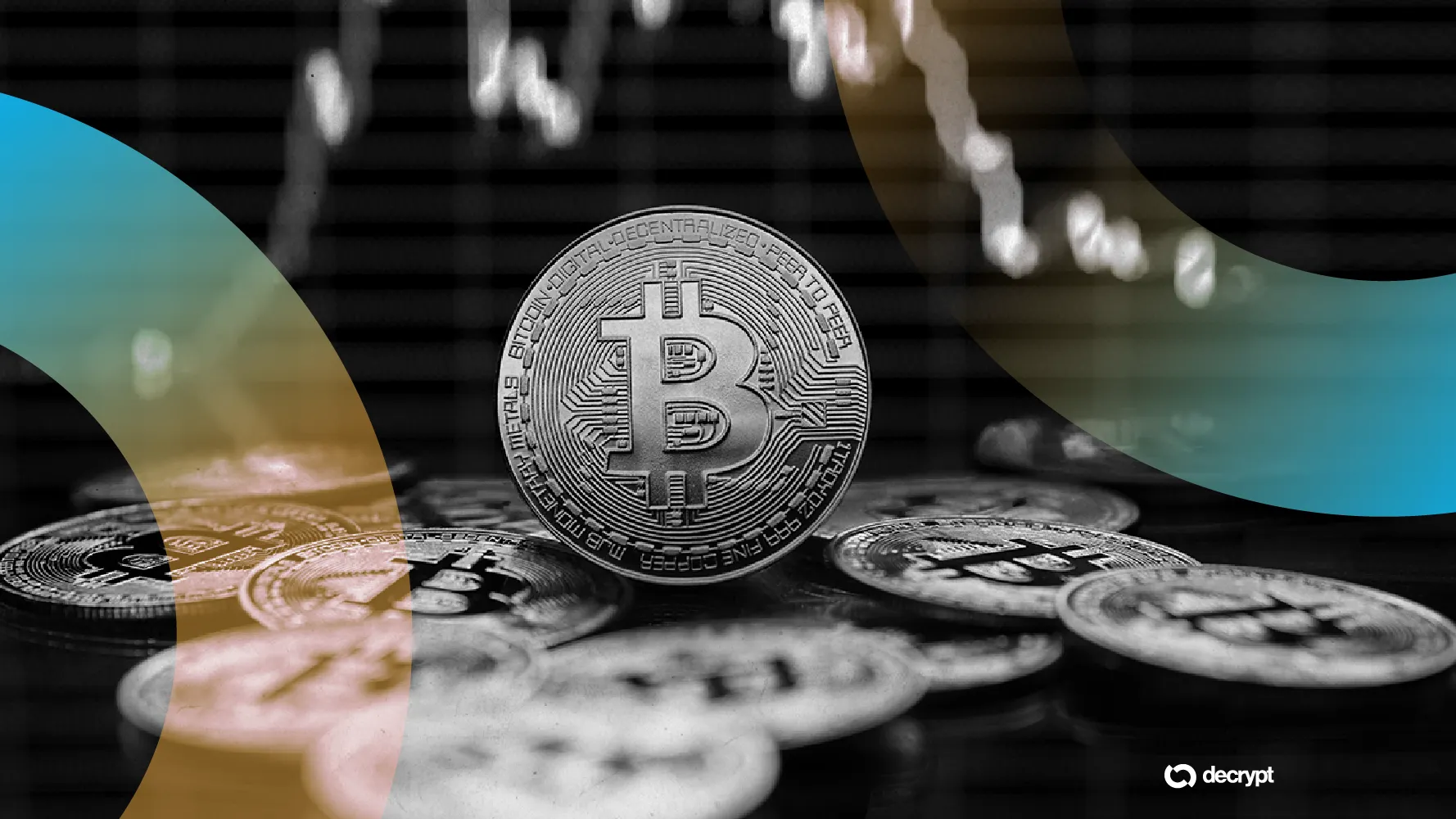In brief
- Bank of England Governor Andrew Bailey expressed skepticism about the need for a digital pound, which has colloquially been referred to as "Britcoin."
- He questioned why creating new money is better than digitizing existing payment systems.
- Bailey also voiced concerns about stablecoins potentially undermining local currencies and urged banks not to launch their own digital asset alternatives that could reduce lending capital.
The governor of the Bank of England has cast doubt on whether the U.K. needs a digital pound, or CBDC, becoming the latest official in a major economy to question the merits of central bank digital currencies.
While Andrew Bailey says it's crucial to embrace cutting-edge transaction methods, he questioned whether this CBDC, known informally as "Britcoin," is the answer.
"I remain to be convinced why the natural next step is to create a new form of money rather than put digital technology into retail payments and bank accounts," he said during his annual speech at Mansion House in London on Tuesday.
The Bank of England has been examining the merits of a digital pound for several years, but is yet to make a concrete decision on whether to proceed. Both Canada and Australia have abandoned plans for a retail CBDC over the past 12 months.

Bank of England governor bearish on digital currency for UK
A central bank digital currency (CBDC) would need to be “very carefully” designed and could present “significant challenges” when introduced, Bank of England Governor Mark Carney said today. Carney made the comments in a foreword to a new BoE discussion paper on digital currencies that has just been formally released. The governor, who has spoken favorably about CBDCs previously, said that despite a UK CBDC posing “a number of opportunities,” it could be problematic for “maintaining monetary a...
Bailey was also cautious about the rise of stablecoins, echoing European counterparts who fear they could erode the sovereignty of local fiat currencies by boosting the dollar's dominance.
Stressing that it's crucial for the safety of stablecoins to be proven, he added: "There may well be a role for stablecoins going forward, but I don't see them as a substitute for commercial bank money."
Days earlier, Bailey also urged banking giants from launching their own alternatives to digital assets like USDC and Tether—arguing they would mean there's less capital available for things like mortgage lending as a result.
This is the governor's strongest signal yet that the Bank of England may step away from a digital pound for good—putting the U.K. at odds with the EU, which is continuing to develop a digital euro.

Digital Euro Awareness Has Risen, But Interest in Using One Has Not: ECB
New research from the European Central Bank suggests that public awareness about plans for a digital euro has increased substantially—but this hasn't been matched by a rise in the number of consumers interested in using it. About 19,000 households across 11 EU countries took part in the study, which exposed one of the biggest roadblocks to adoption: Many of those polled are perfectly happy with the payment methods they already use. Participants shown a video explaining the key benefits of this c...
But despite his reservations about CBDCs and stablecoins, Bailey stressed "there is an urgent need for innovation now in the area of payments," and it's crucial for existing infrastructure to be futureproofed.
Across the Atlantic, what the House Committee on Financial Services has described as "Crypto Week" hasn't exactly been going to plan.
House members were meant to participate in a procedural measure that would have paved the way for votes on several pieces of key crypto legislation—including the GENIUS Act, which would establish a regulatory framework for stablecoins.
But those votes were unable to go ahead after a dozen Republicans crossed the aisle and joined Democrats in opposing this measure.
U.S. President Donald Trump later confirmed on Truth Social that he has spoken to 11 of these GOP members, who have now agreed to vote in favor later on Wednesday.




